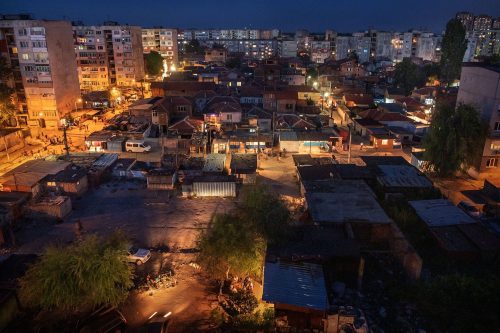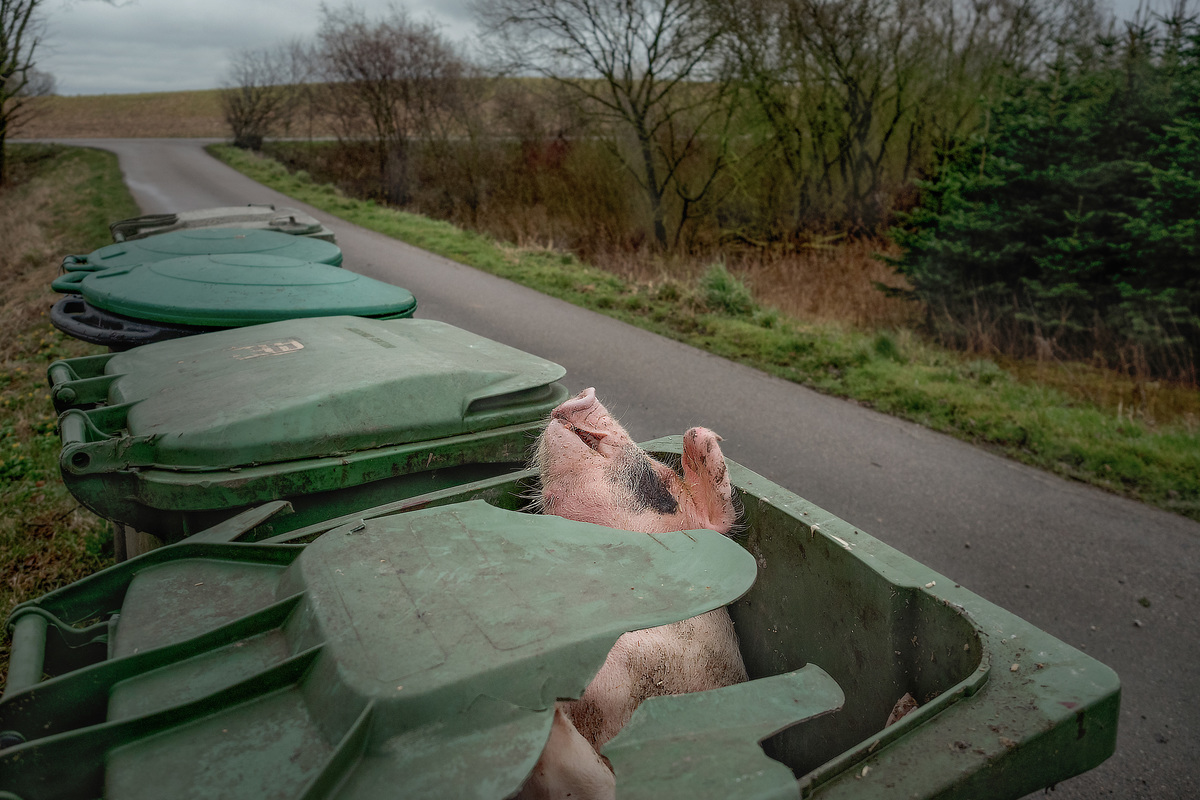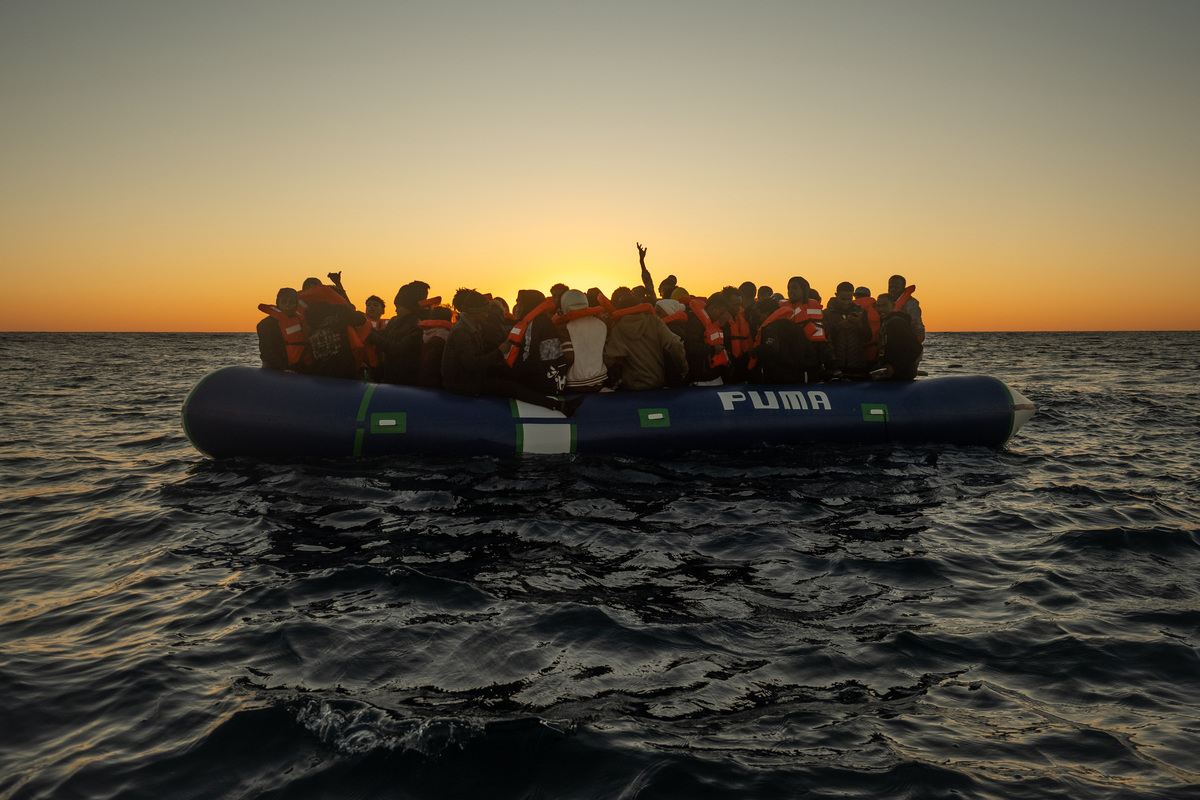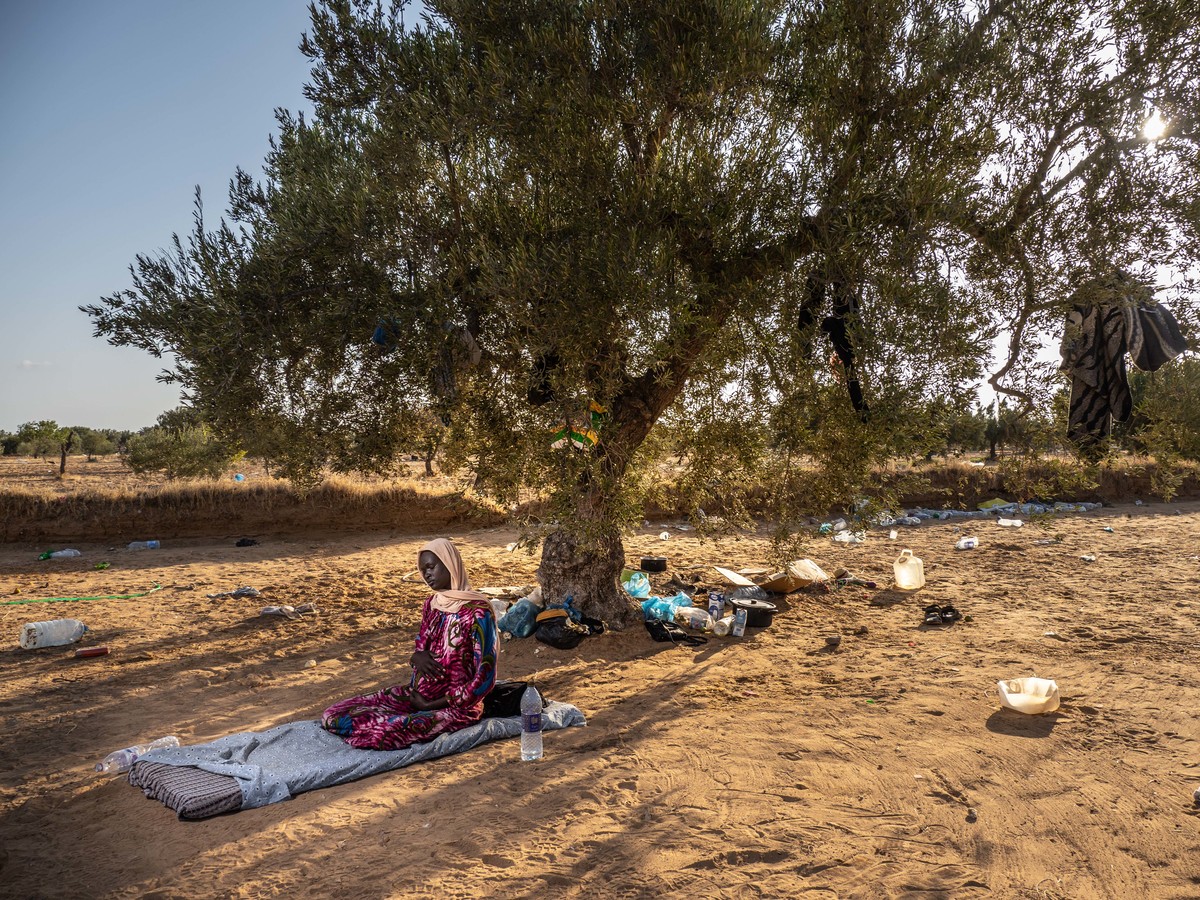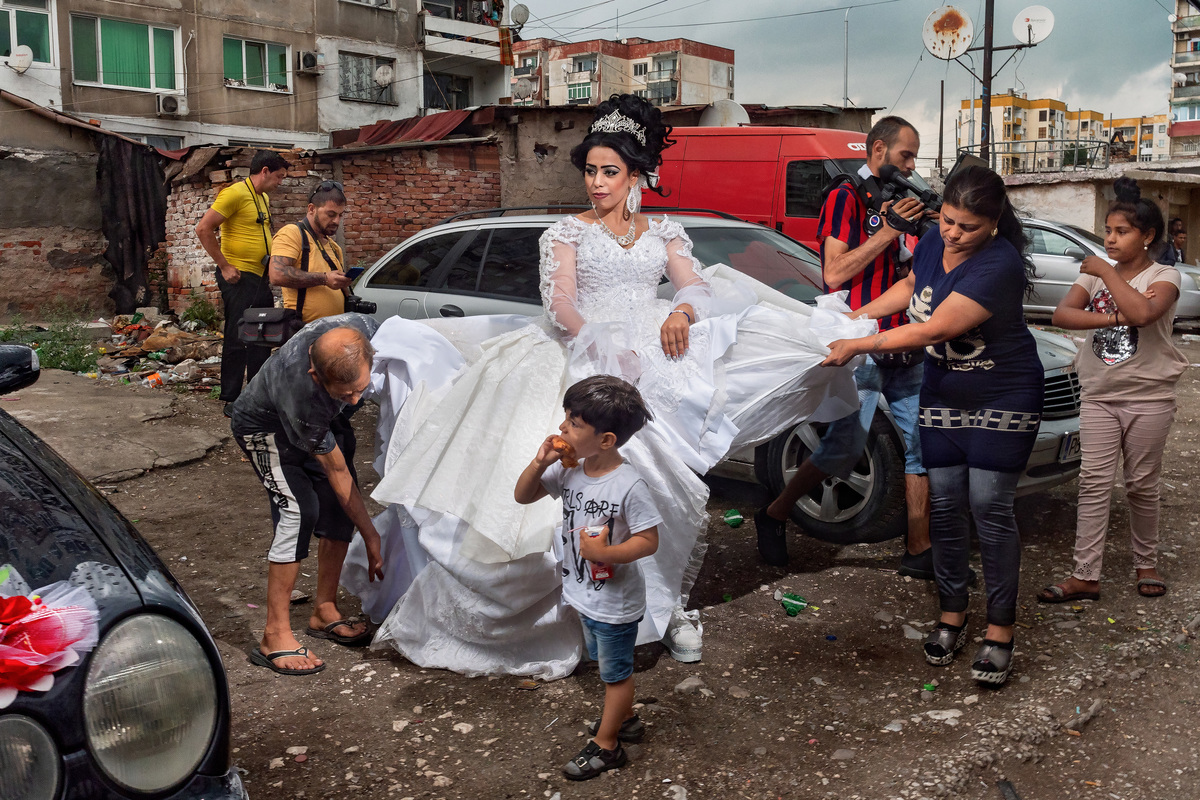Biography
Italian
Selene Magnolia Gatti is an award-winning Italian freelance photojournalist based in Northern Italy and Berlin and accredited with the International Federation of Journalists (IFJ) and the National Union of Journalists (NUJ).
Her work spans multiple issues, including questions of environmental and social justice, food production and migration as well as gender-related and contemporary political issues. She works on assignments and independent projects.
Raised in the Italian Dolomites where she developed a strong bond to the natural environment, she previously worked as an emergency nurse, a volunteer medical officer in humanitarian crises and as an academically qualified linguist before continuing her studies in photojournalism.
Selene has worked for a number of publications like Der Spiegel, The Guardian, de Volkskrant, Il Reportage, Il Manifesto and numerous others. She also works for some of the leading environmental media agencies and a number of international non-profit organisations.
Some of her photographic work on intensive food production is featured in the book 'Hidden - Animals in the Anthropocene', awarded 'Photography Book of the Year' by POYi in 2021. Her long-term project Zor, which portrays life in the biggest 'ghetto' in Europe on the outskirts of Plovdiv in Bulgaria was exhibited at Perpignan's Visa Pour L’Image photojournalism festival in 2022.
Her work has been recognised by the British Journal of Photography (2023), Siena Photography Awards (2022), London Photography Awards (2022), Prix de la Photographie Paris (2022), TIFA, MIFA, BIFA (2022), Kolga Tbilisi (2022) and Global Billboard Project (2021).
She was selected for the Hamburg Portfolio Review in 2023. In the same year she was the yearly Senior Fellow of WeAnimals Media Agency and a recipient of the European Environmental Journalism Fund grant for an ongoing project about the impact of factory farming.
Livestock farming on an Industrial scale across Europe is causing widespread environmental degradation and serious damage to the health of people living in close proximity to factory farms.

